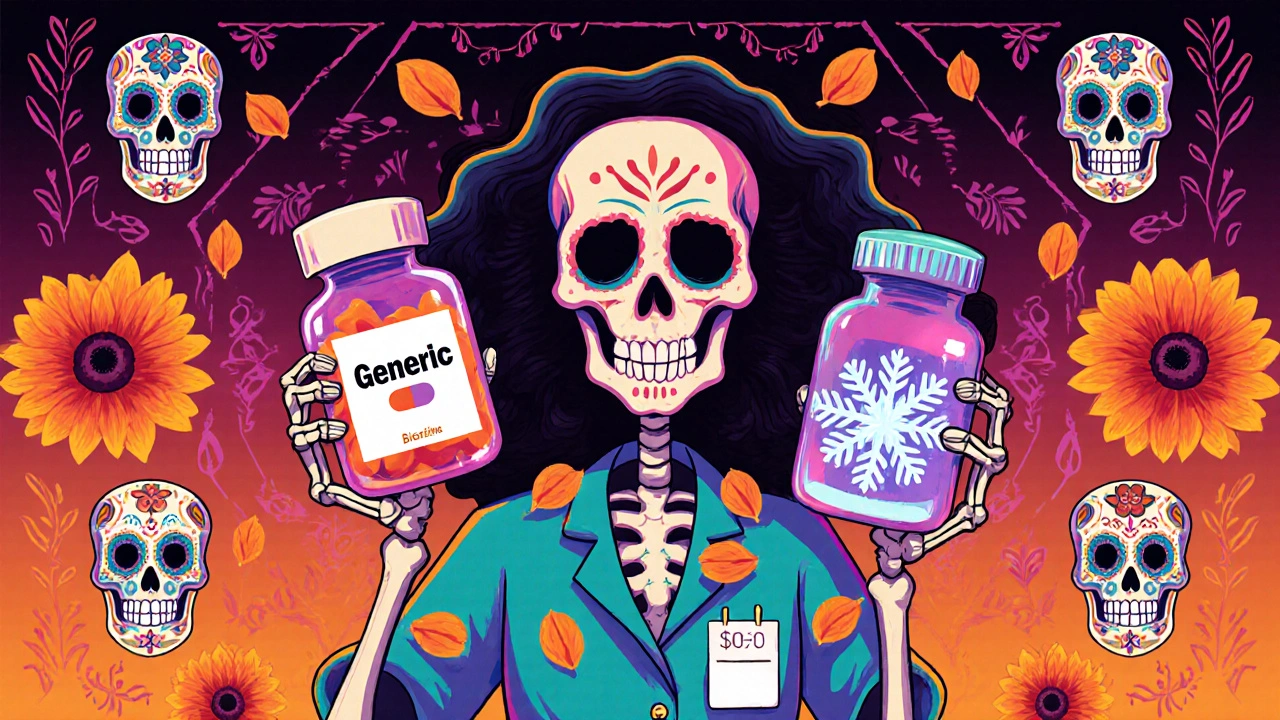Biosimilars: What They Are, How They Work, and Why They Matter
When you hear biosimilars, highly similar versions of complex biologic drugs that are not exact copies but proven to work the same way. Also known as biologic generics, they offer the same clinical benefits as the original drugs—but at a fraction of the cost. Unlike regular generics, which are made from simple chemicals, biosimilars come from living cells. That means they’re more like copies of a handmade watch than copies of a plastic spoon. They’re not identical to the original biologic, but they’re close enough that doctors can trust them to work the same in treating conditions like rheumatoid arthritis, Crohn’s disease, and certain cancers.
These drugs are a big deal because biologic drugs, complex medicines made from living organisms, often used for chronic and autoimmune diseases can cost over $100,000 a year. That price tag puts them out of reach for many patients. Generic medications, simple, low-cost versions of brand-name drugs made from chemical compounds have been around for decades and saved billions—but they don’t work for biologics. Biosimilars fill that gap. They’re not just cheaper alternatives. They’re the only way millions can keep getting treatments like Humira, Enbrel, or Remicade without going broke. And they’re not experimental. In Europe, they’ve been used for over 15 years. In the U.S., they’re now approved for over 30 conditions.
What you’ll find in the posts below is real-world insight into how these drugs fit into everyday care. You’ll see how doctors decide between a biologic and its biosimilar, how patients manage side effects, and how insurance companies handle coverage. There are guides on switching from the original drug, how to spot fake online sellers, and what to ask your pharmacist when you’re handed a new bottle labeled "biosimilar." You’ll also find comparisons between specific drugs, stories from people who saved thousands, and warnings about when biosimilars might not be the right choice. This isn’t theory. It’s what’s happening in clinics, pharmacies, and homes right now.


